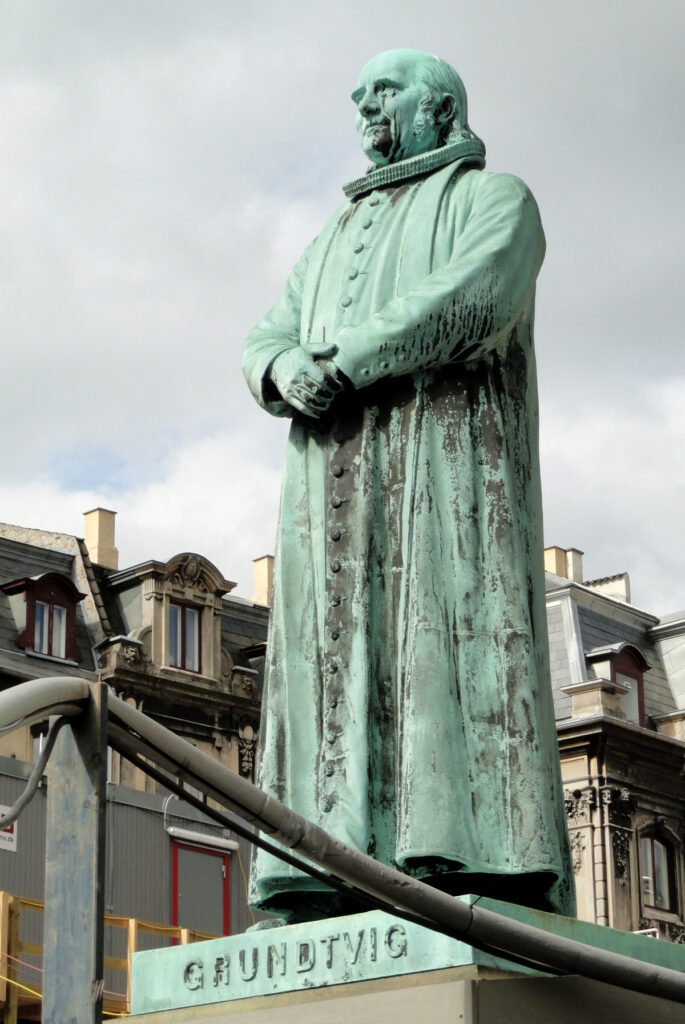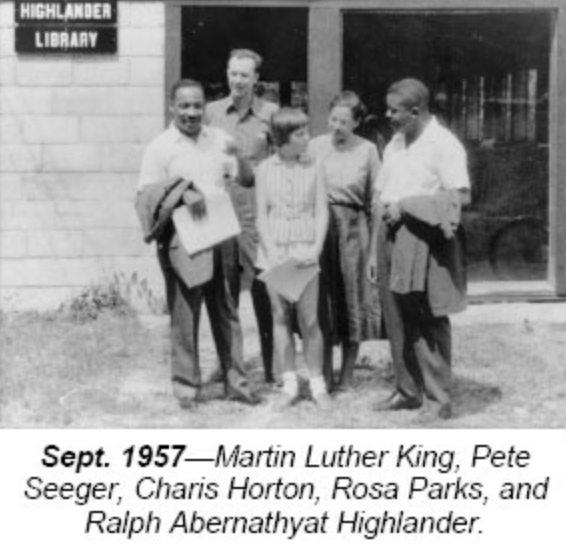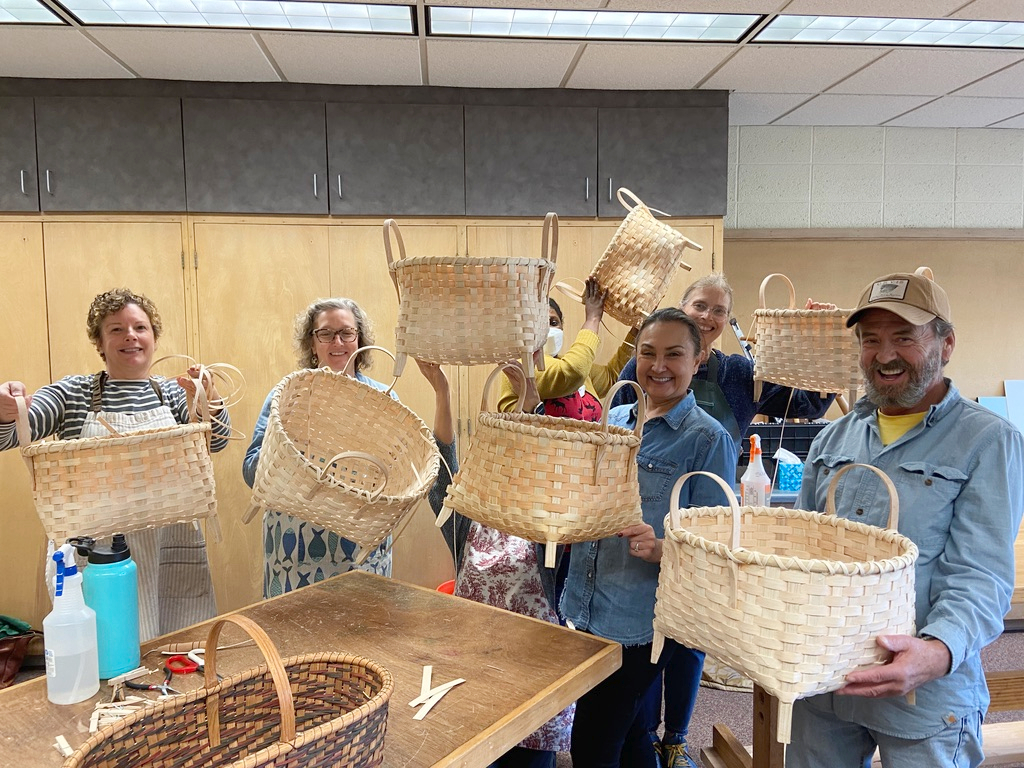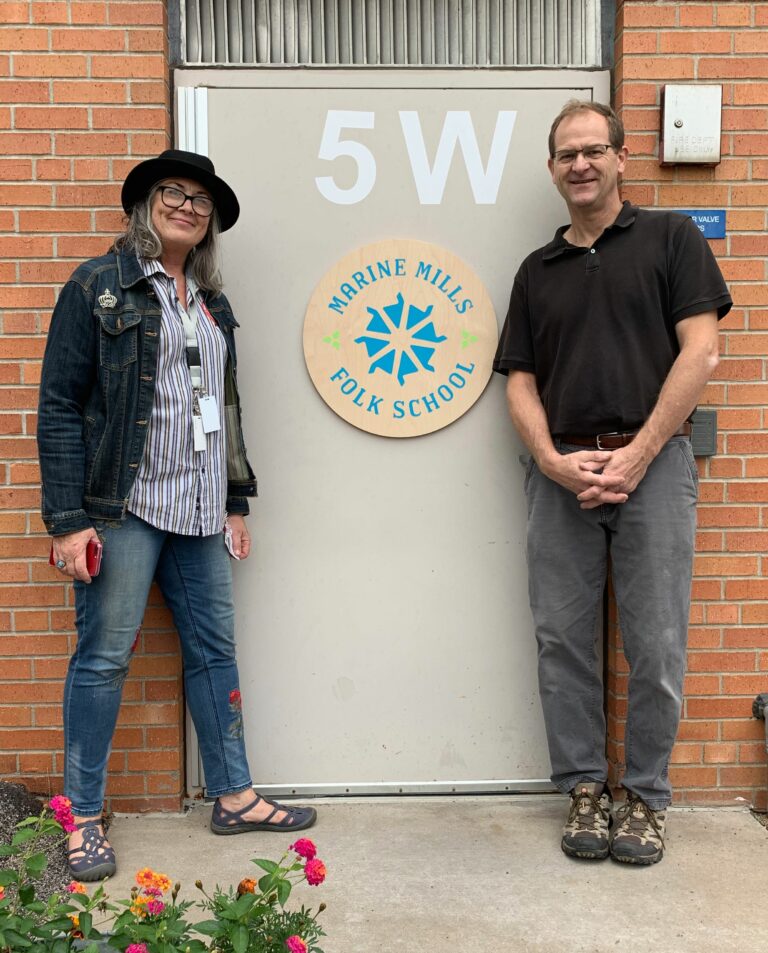The Genius of the Folk School Model
Election day in the United States is a day for citizens to ensure the security of our democracy by participating and voting. But what about the other 364 days of the year? Nikolai Frederik Severin Grundtvig, the 19th century Danish father of folk schools, was ever clear in his belief that a democracy can only be born of — and survive in the hands of — an educated population. He asserted that individuals of all ages must first have self-knowledge, then a sense of purpose in connection with their neighbors and the broader community. That self-knowledge and connection would come through lifelong education.
His idea was put to the test in the form of “Schools for Life.” From 1850 to 1870, Christen Kold and others in Denmark founded about 50 folk schools based on Grundtvig’s philosophy. The success of these schools and Grundtvig’s vision are credited with supporting the country’s successful transition to democracy.

Grundtvig’s philosophy was imported to the U.S. in the early 1900s by enterprising and forward-thinking individuals. Partnering with minoritized and impoverished communities was part of the mission of the new schools. As these early centers — such as Highlander Folk School (now Highlander Education and Research Center) and John C. Campbell Folk School — attained success, the idea spread. Today, there are more than 100 folk schools in the U.S and the number is rapidly growing.
In 2018, Marine Mills Folk School opened our doors. In that short time, we’ve enjoyed watching Grundtvig’s theory play out in real time. Whether through knitting sweaters, making soap or foraging for plants, we’ve seen you develop your inner gifts, make new friends, and form communities. (Just look at attendance at our free community events each month: Tuesday Knit Nights, Dare to Repair, Open Carving, and Bluegrass Jam Sessions!)

The stroke of genius in the folk school model is that, once you have a strong sense of self, it becomes easier for you to accept others with a different point of view. And that’s the crux of a solid democracy, isn’t it? Being able to live side by side with others, comfortable with our differences, in pursuit of a common goal: a government by the people, for the people.


